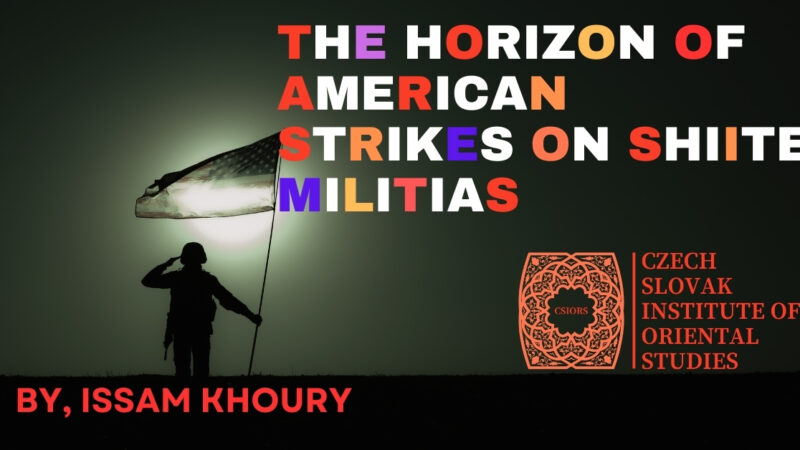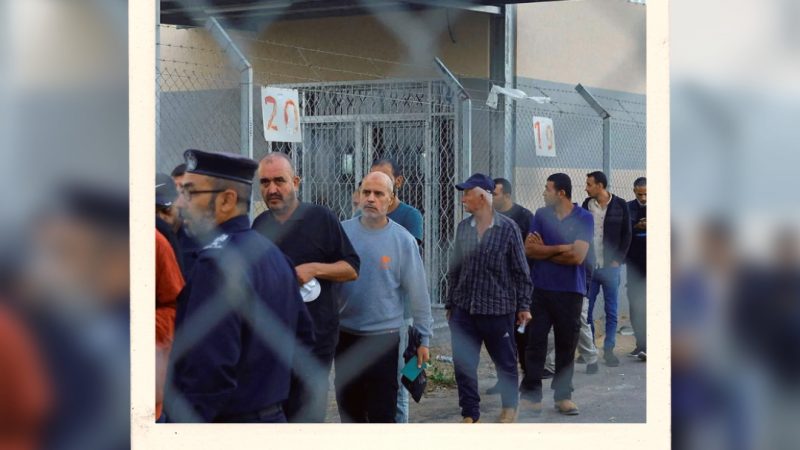Turkish Hezbollah
By: Issam Khoury
Hezbollah began to grow in 1991 in the Kurdish areas of Southeastern Turkey, which had suffered from various conflicts. Hezbollah in the city of Diyar Bakr is composed of two different organizations, the Alam (the flag) and the Manzel (the house)
The Alam ideology sides with that of the Muslim Brotherhood in Egypt. They never hesitate to use violence as a means to their political work. In the early nineties, they attacked their rivals in the Manzel group. Bloody battles raged on for several weeks, and ended with the elimination of the Manzel group, which prior to this incident was against inciting force to achieve their goals.

At that time, the founder of the Turkish Hezbollah outfit, Hüseyin Velioğlu, settled in the city of Batman where his fighters paraded around the main avenue of the city exhibiting their power and influence by holding weapons in public. They also issued laws which forced women to wear the veil and punished under-age girls if they dared to speak to their male school friends in the streets.
Not only did the central government in Ankara ignore terroristic actions conducted by the party’s close friends, it directly supported them. The reason behind such an act by the government is that Velioğlu was also fighting against nationalist Kurds within the Laborers Party of Kurdistan, as he viewed them as heretics. The General of the Turkish police at the time, Teoman Koman, complimented Velioğlu’s fighters and described them as “people filled with the spirit of the religious belief, and motivated by the will to stand against the violent actions that are committed by the Labor Party of Kurdistan.”
After Velioğlu was killed in Istanbul, Hezbollah was led by Issa Altsoy, a Kurd living in Germany. He sought to recruit new members in the Kurdish Diasporas alongside Kurds in the homeland as well. He issued books and magazines and had his own libraries in Diyar Bakr, much like the Alam and Manzel groups a decade ago.
Issa Altsoy rejects his precedent’s view that is based on giving the party a skeleton which relies of the centrality of the work. He instead prefers to establish unions and small non-governmental organizations, since they are easier to efficiently put into. In this context, the non-governmental organization Mustazaflar, has become under the spot light in Diyar Bakr. It is run according to Altsoy’s orientations. The Turkish Hezbollah of today is against the leadership of the Turkish State and is based on a Kurdish nationalist ground.

The Reality Regarding Inhabitants of South Anatolia:
The fierce battles between the Labor Party of Kurdistan and the Turkish Army has led to the death of more than 30,000, and has forced people from around 4,000 villages to migrate. This region is prevalent for violence. Wherever one travels in cities and villages around the region, they can see that society is divided into two main classes: rich and poor. The rich of course live in luxury and have virtually no worries, the poor are forced to receive their daily bread or other sources of food from disposed garbage bags. The latter composes the majority.
If you view the familial structure from afar you may think that all is at its best, but if you get closer you’d be surprised by how shattered the family structure is.
Regarding education, religious fanaticism is the most common and dominant. It is accompanied by ignorance, illiteracy, and wide spread myths according to people who explain their joys and misfortunes in its light. More importantly is the necessity of belonging to a tribe and the obligation to obey the ‘Agha’, whose authority consistently surpasses the authority of law.
Thus, people remained under the control of the Agha and the hammer of the Labor Party of Kurdistan and Hezbollah, as well as the suppression of military governing. People had to choose one of these sides (or both) to pay tribute or favors to, as a price of his protection. All neighborhoods and villages were named after its ‘godfather’, the person who provides protection to it.

Some were even forced to become members or supporters of these parties, either to avoid their wrath or to hope that a reward may keep them alive. We may think that due to growing poverty in the region, the growth of the Salafi currents, especially the expiation Salafi movements would be a prevailing feature over the (laic) laywoman movements which oppose the state. Yet, to achieve growth, these movements must execute special operations against the Turkish Army in order to accomplish the role of the Labor Party of Kurdistan.
Edited by: Adam November
Orginally written on November 16th, 2008


